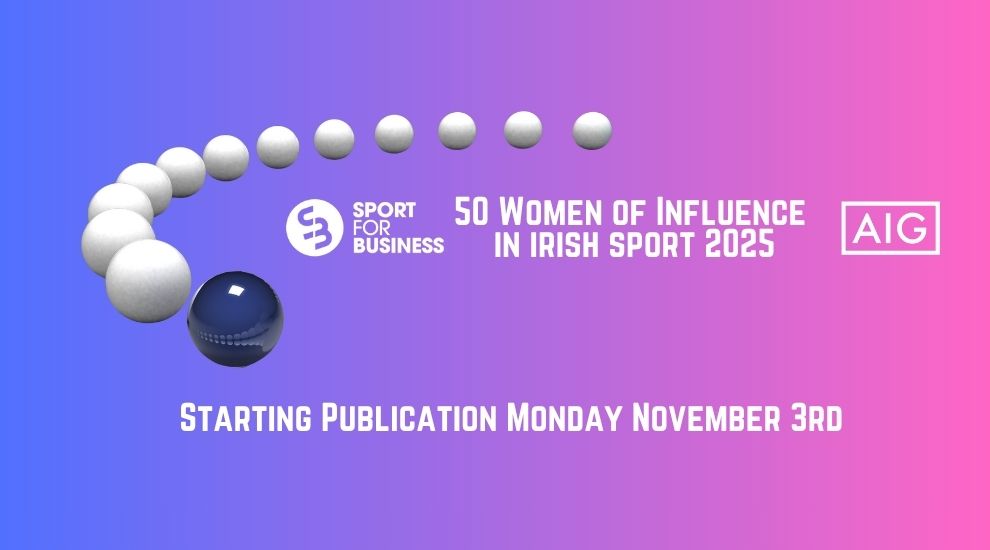The Gaelic Players Association has called for a faster pace of integration across the GAA, LGFA and Camogie Association; for the creation of a new Chief Medical officer to provide urgency and a point of responsibility for medical matters; and for heed to be taken of the impact of training load on injuries at the top level of the game.
The Association represents some 4,000 players across each of the codes and three of the senior people involved addressed a media briefing yesterday following on from the weekend AGM.
Financially, the Association benefitted from a windfall payment from the GAA of €1,300,000 last year, a final calculation based on the GAA’s calculation of post-Covid revenues and the agreement in place whereby that forms the basis of a substantial annual payment to the Association.
That meant a surplus in the annual accounts of €770,000 which will be spent on the development of new or expanded programmes over the coming years, catering primarily for the expanded base of membership created with the merger of the GPA and the WGPA and also addressing those players who are seen as most vulnerable and who would be among those availing of counselling services provided by the Association.
That number is rising. There has been a 61 per cent increase year-on-year in the number of inter-county players accessing the Gaelic Players Association’s counselling services. In the first 9 months of 2021 64 players had received support. The equivalent number for 2022 is 103.
Research undertaken across the male membership showed the impact of training load on players with 68 per cent of inter-county footballers reporting an injury in the season, 31 per cent of those being out for between five and twelve weeks and 15 per cent being out longer term.
Getting to the bottom of these numbers, seeing where the injuries are arising and whether it is training, load, surfaces or just bad luck as the main reason is something the GPA believes should be the remit of a new Chief Medical Officer.
The GAA way is to manage affairs like this through committees of volunteers, albeit highly qualified medical ones, but Ciaran Barr, speaking for the GPA says this is not enough.
“Rugby and football are changing the way their games are played, making sure they are sustainable when questions arise about concussion and long-term impact.”
“That comes from having a Chief Medical Officer with the resource and responsibility top look at what is happening and advise on changes that might be needed.”
“Thankfully our games are relatively safe but look at what is happening in soccer with the heading of the football. Prohibiting that at under-age levels is in a trial at the moment, as our new rugby rules which could change the nature of the game.”
“We need to be in a position to learn and be part of the debate around long-term health benefits and potential warnings from involvement in sport.”

































